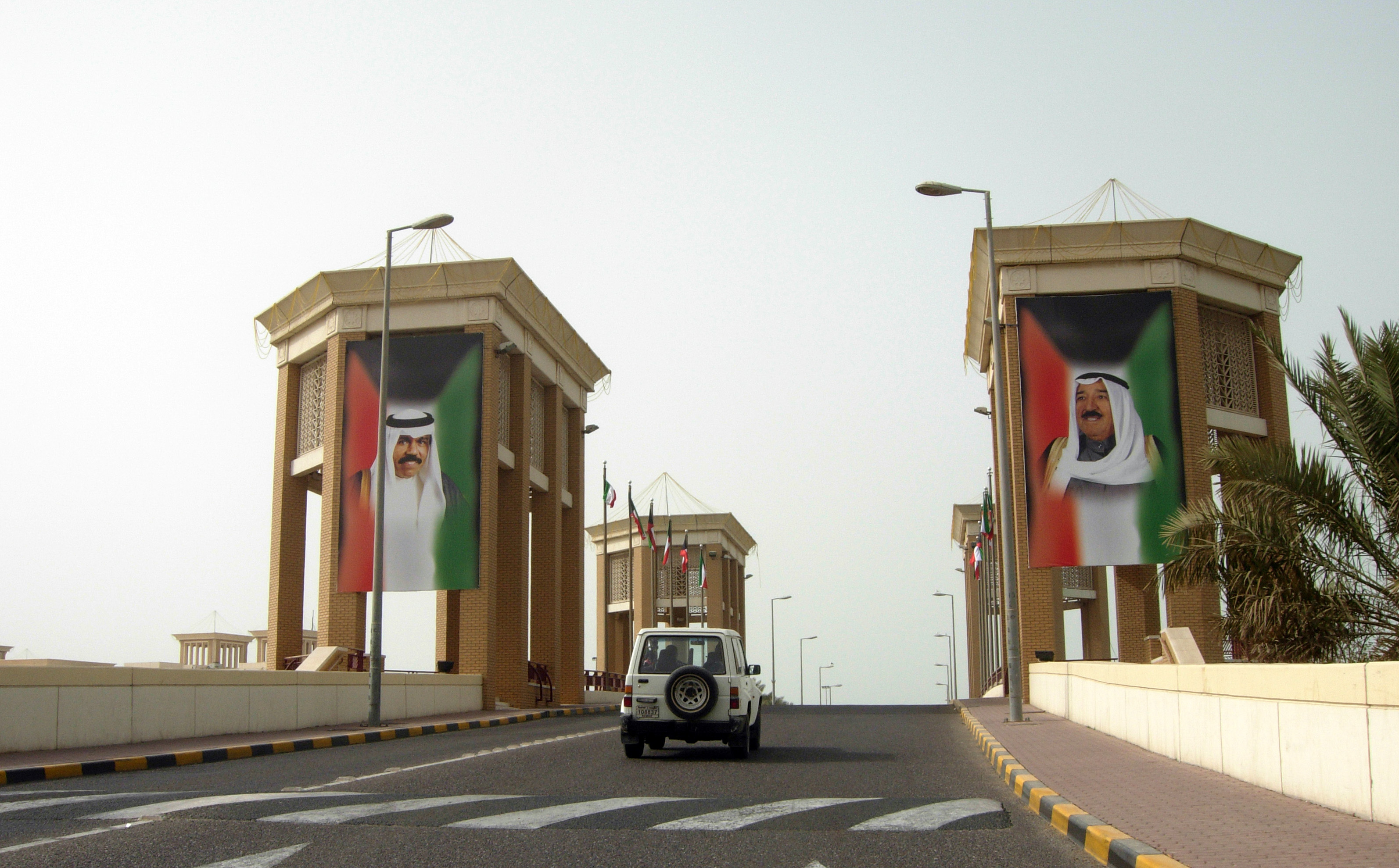For the overwhelming majority of banned books, it takes only the vaguest understanding of their premises to guess why they were banned. 1984, the eternal and easiest example of a banned book, has been censored because of its overt political themes. Stalin removed it from bookshelves across the USSR for its supposedly anti-communist message, while Jackson County FL removed it for its supposedly pro-communist message. Other books are banned because of moral objections: Nabokov’s Lolita reigns supreme in this category for its less-than-damning portrayal of pedophilia. Of the 4,390 books that the Kuwaiti government has banned in the last five years, the Encyclopedia is probably the most difficult to pin down as objectionable in any way.
The reason for the banning of an Encyclopedia was stated to be a picture of Michelangelo’s David within the book. Kuwait’s Ministry of Information ostensibly objected to David’s nude, sans-fig leaf portrayal. While banning the apotheosis of 16th century renaissance sculpture for indecent exposure seems singular in its absurdity, David is not alone. Ariel, the little mermaid, was similarly banned from Kuwaiti bookstores because of the alleged promiscuity of her bikini top.
These are the most shocking examples of a list that, for the most part, contains all the usual culprits: 1984, One Hundred Years of Solitude, The Brothers Karamazov, and The Divine Comedy. These books have all been banned for political or moral reasons. But more significant than the list itself is the speed at which the list has grown. Of the 4,390 books banned in Kuwait in the last five years, 700 of them were banned in the past 11 months, suggesting that the Kuwaiti Ministry of Information is increasing its efforts to claim control of domestic literature.
This is hardly inexplicable. The past two years have seen the rise of a forceful conservative bloc in the Kuwaiti parliament: In 2016, snap elections saw conservative parties claim 24 of the assembly’s 50 seats. Of these 24 new conservative MP’s, half were affiliated with neoconservative Salafist and Muslim Brotherhood-associated groups. The growing authority of this hardline right in Kuwaiti politics has likely forced the incumbent monarchy-backed government into cultural concessions. Stricter, more rigorous moral censorship of Kuwait’s literature appears to be one of such placative efforts.
Compared with the governments of neighboring countries, the Kuwaiti parliament wields exceptional autonomy from its monarchy. Kuwait is the only Arab Gulf state in which members of parliament are invested with the power to keep royal ministers in check and to hold them responsible for abuses of power. Parliamentary freedom from monarchical censorship allowed Kuwait to become a “cultural hub” in the Gulf. Kuwait’s elected government has generally sought to empower artists and embrace artistically progressive policies since its creation, although the emergence of the conservative bloc augurs a possible change in priorities. Such a political shift would change the cultural landscape of the Gulf, closing avenues through which Gulf authors can safely publish controversial work. As remarked by Kuwaiti writer Bothyana Al Essa, Kuwait’s “cultural hub cannot happen when you have a book massacre like this, all these books being banned.”
On Wednesday, September 29, at the close of the international “Banned Books Week”, thousands of Kuwaiti youths took to the streets in Kuwait City to openly voice concern with the government’s increasingly authoritarian prerogative over the country’s literary consumption. Social media also served as a platform for pointed, occasionally sardonic criticism: Kuwaitis posted photos of the books in their home libraries that had just become banned from sale, accompanied by the hashtag #Banned_In_Kuwait. Other Kuwaiti Twitter activists opted for the blunter #Don’t_Decide_For_Us to express their rejection of the new censorship measures.
The dynamics that have emerged from the recent controversy–politically-engaged youth against increasingly conservative government–are perhaps a shred of hope for the future of literary freedoms in Kuwait. Although current political trends are pointing toward a resurgent hardline political landscape in Kuwait, the outrage displayed by Kuwaiti youth at the recent suggests a burgeoning resistance to this new political direction. The question is whether this youth-led, activism-based opposition can be converted into political gain in Kuwait’s next set of elections, and a possible reclamation of Kuwait’s slipping image as a progressive cultural hub.
Photo: “32215-Kuwait”
